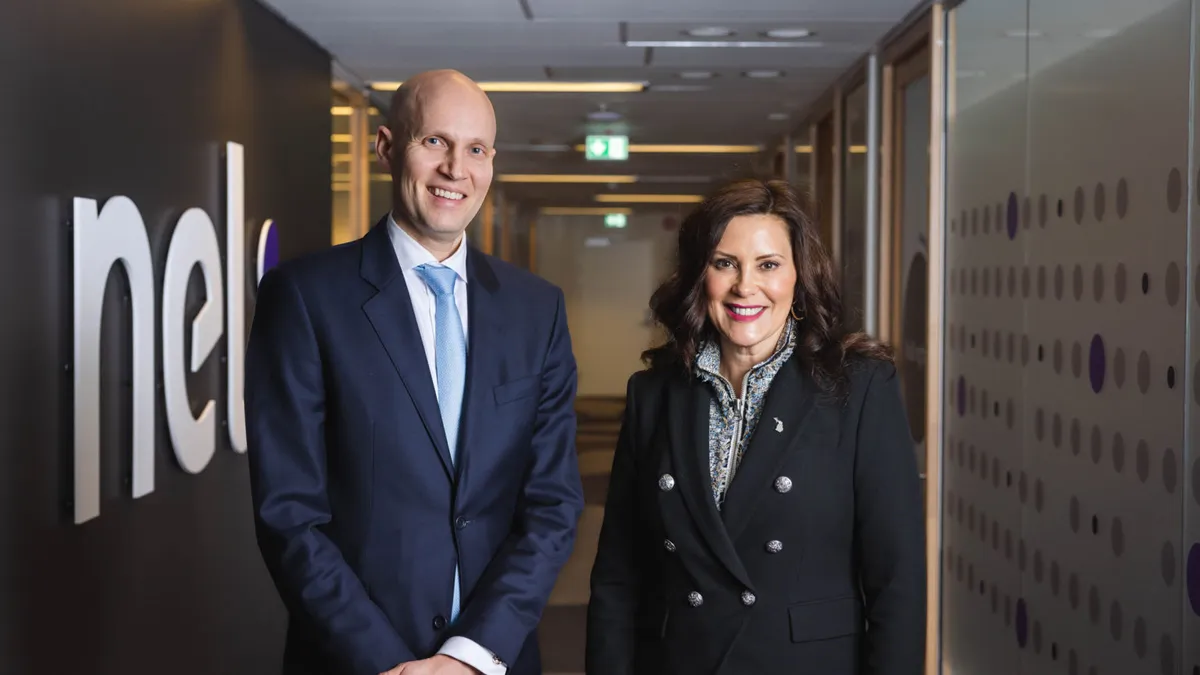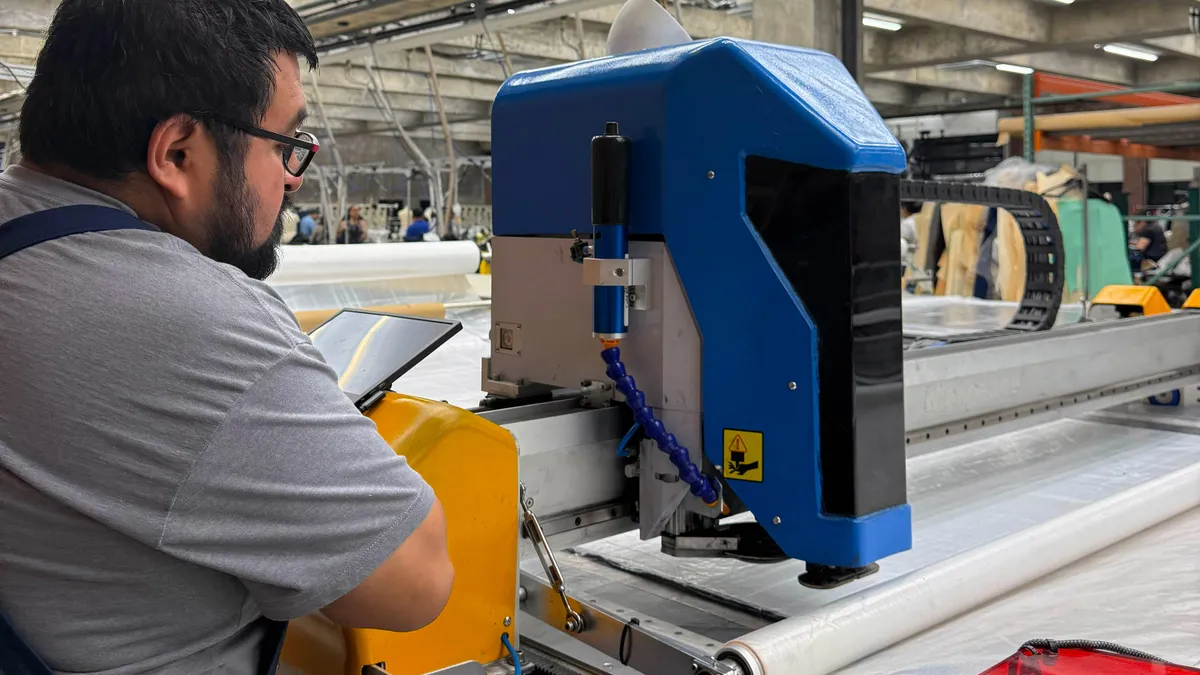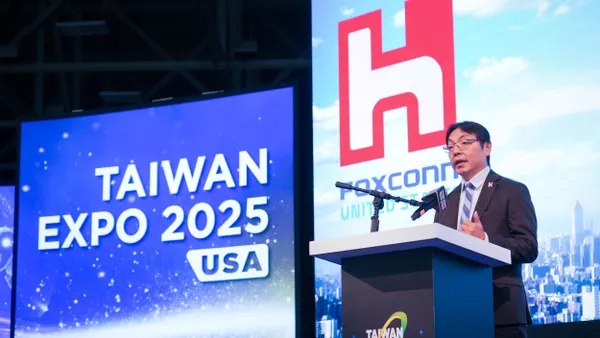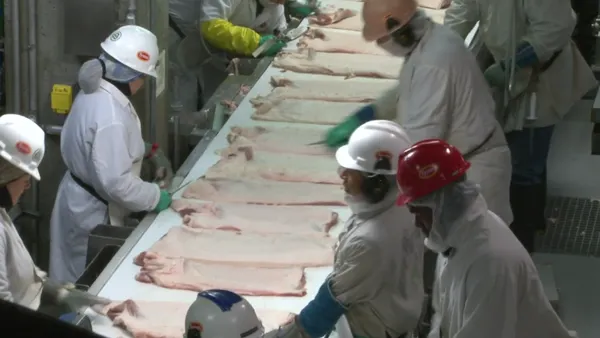Hydrogen company Nel announced plans to spend up to $400 million on a production facility in Michigan.
The Norway-based manufacturer produces devices called electrolyzers that use electricity to split water into hydrogen and oxygen, which are key to producing renewable hydrogen used in technology like fuel cells to power EVs.
Nel spent the past year scouting locations in the U.S. for its facility before selecting Michigan, according to the release. The company announced its plans alongside other manufacturers at the SelectUSA Investment Summit this month.
"The choice of Michigan is based on an overall assessment of what the state can offer in terms of financial incentives, access to a highly skilled workforce, and cooperation with universities, research institutions, and strategic partners,” CEO Håkon Volldal said in a statement.
He cited proximity to GM’s manufacturing headquarters in Detroit, Michigan as a deciding factor in Nel's location choice.
The companies have partnered in an effort to lower the cost of clean hydrogen by scaling Nel’s new electrolyzer platform, leveraging GM’s knowledge in the fuel cell space.
"Having Nel's new facility close to our home base of hydrotec development, in southeastern Michigan, will help us more quickly accelerate our electrolyzer collaboration," GM Executive Director of Hydrotec Charlie Freese said in a statement.
When completed, the Michigan facility will have a production capacity of up to four gigawatts of alkaline electrolyzers and proton exchange membrane (PEM) electrolyzers. Nel said the expansion of its Wallingford, Connecticut, facility is also expected to play a critical role in designing a blueprint for ramping up production of its PEM electrolyzers.
PEM electrolyzers are more durable and have faster start-up times compared to traditional alkaline electrolyzers, though high manufacturing costs have limited development. Nel is working to automate the production process with the help of GM, which the companies say will help to drive down cost.
“This technology is critical in helping bring down costs, while also creating a more sustainable hydrogen supply,” Freese said in a statement.













